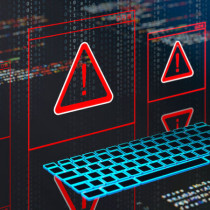Should we take cheap-as-chips RFID on trust?
How to create a conspiracy theory: first, make a shocking statement featuring geek heroes, corporate censorship, cowardly mainstream media and evil lawyers. Then retract it. If the US TV programme MythBusters was trying an experiment last week, it worked.



































































